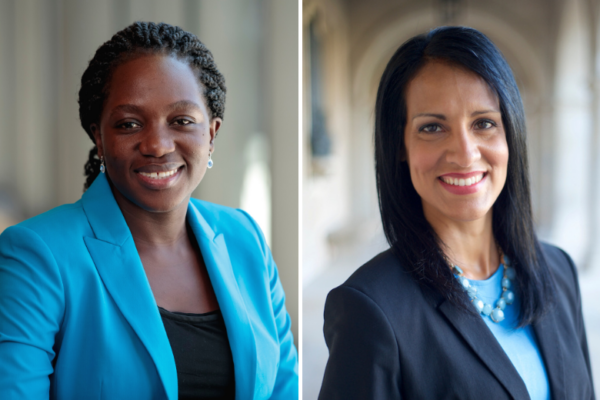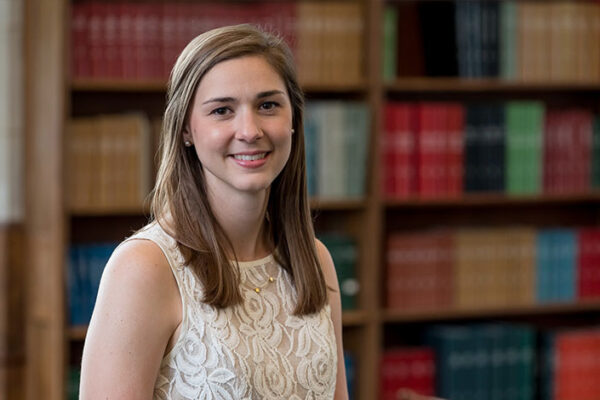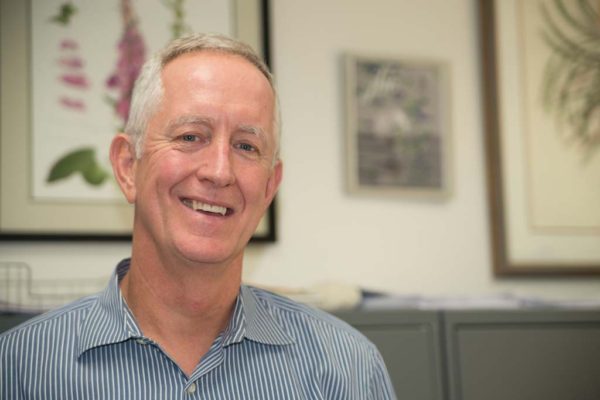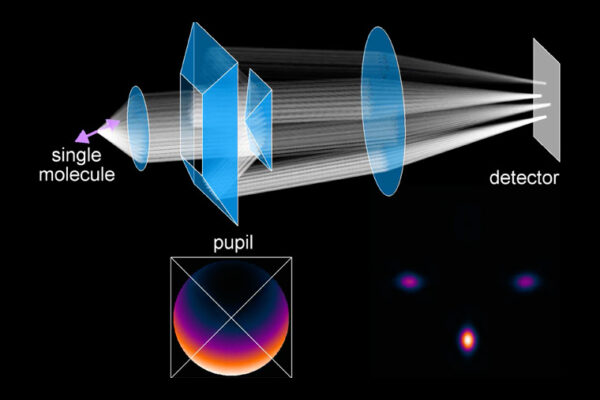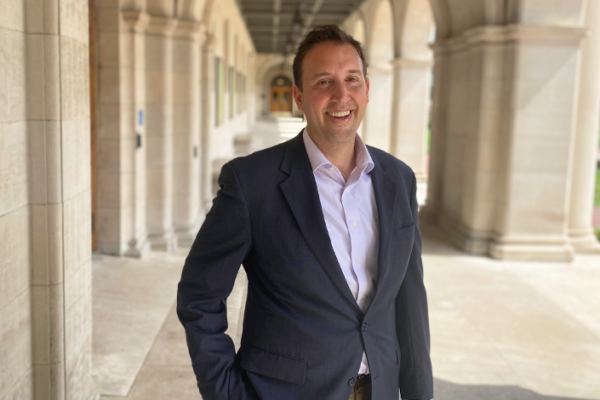Funkhouser receives grant from Animal Behavior Society
Jake Funkhouser, a ngraduate student in the Department of Anthropology in Arts & Sciences, received a $2,000 research grant from the Animal Behavior Society.
Patania awarded $25,000 grant
Ilaria Patania, a postdoctoral research associate in the Department of Anthropology in Arts & Sciences, received a $25,000 research grant from The Leakey Foundation.
Researchers awarded $1.2M to study depression among youth with HIV in Uganda
Proscovia Nabunya, at the Brown School; and Patricia Cavazos-Rehg, at the School of Medicine, have received a five-year $1.2 million research grant from the National Institute of Mental Health, part of the National Institutes of Health (NIH), to address depression among youth living with HIV in Uganda.
Study considers social determinants of health
Patients with social needs had a higher number of hospitalizations, obesity, prediabetes and Type 2 diabetes, finds a new study from the Brown School on the social determinants of health.
Vierstra receives $1.3 million grant
Richard D. Vierstra, the George and Charmaine Mallinckrodt Professor of Biology, received a four-year $1.3 million grant from the National Institutes of Health (NIH) to continue his project titled “Phytochromes: Structural Perspectives on Photoactivation and Signaling.”
Taking a closer look at blockchain security
Ning Zhang, at the McKelvey School of Engineering, plans to develop new defense tactics for blockchain with a four-year $360,000 grant from the National Science Foundation.
Telescope-inspired microscope sees molecules in 6D
A new imaging technology from the lab of Matthew Lew at the McKelvey School of Engineering uses reflection and refraction to more directly see molecules’ orientation and position.
WashU scientists on ‘highly cited researchers’ listing
Dozens of researchers from Washington University in St. Louis were named to the Highly Cited Researchers 2022 list by Clarivate, an analytics company.
Patwari to develop ways to share the spectrum with NSF grants
Two National Science Foundation grants will support the McKelvey School of Engineering’s Neal Patwari as he develops ways to optimize and safeguard the finite amount of radio spectrum bandwidth.
Jabbari to study social mobility, equity in programs
Jason Jabbari, of the university’s Social Policy Institute, received a $325,373 grant from the Smith Richardson Foundation to examine social mobility and equity in certificate and apprenticeship programs.
View More Stories

